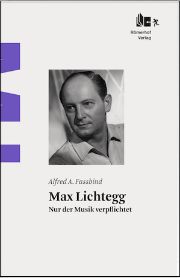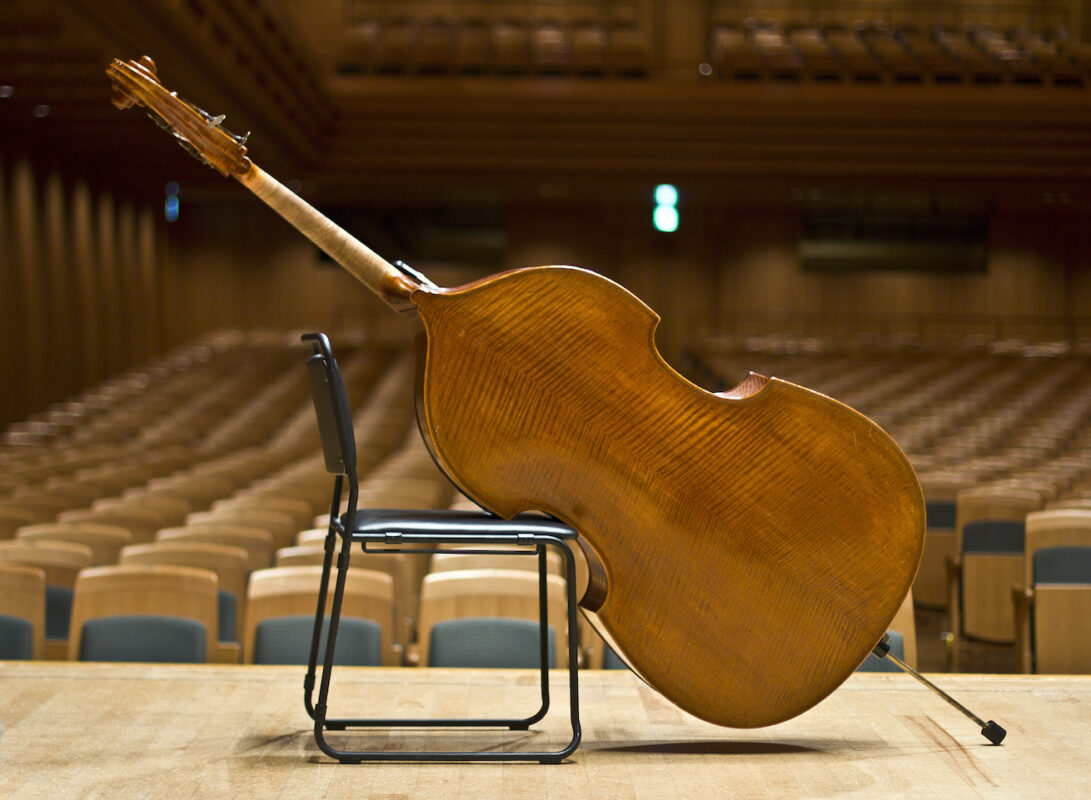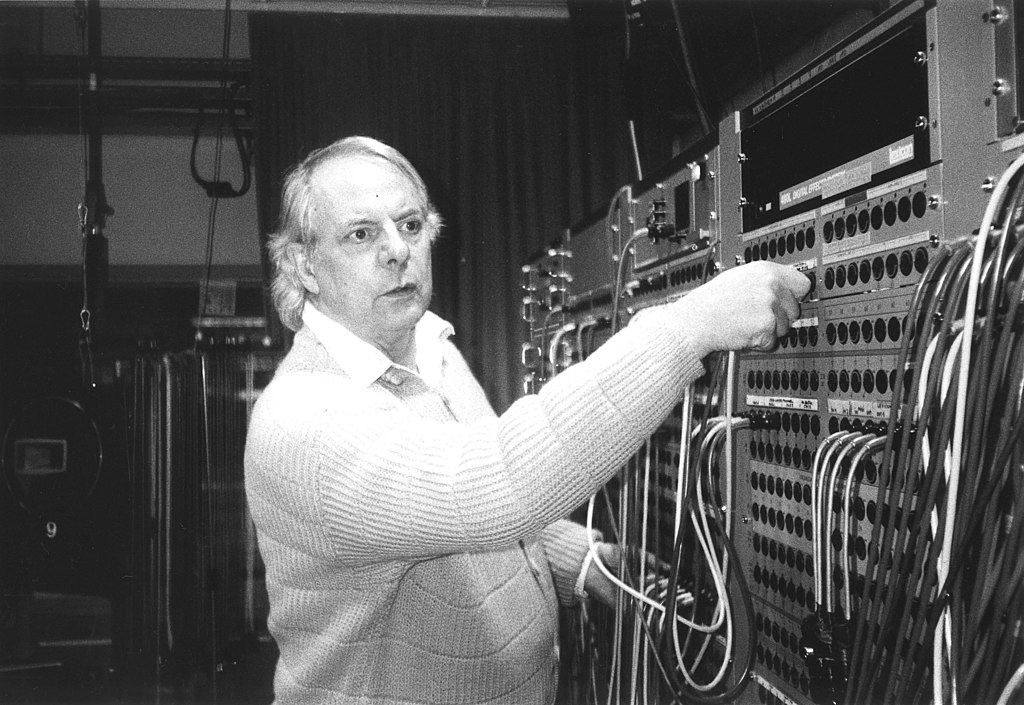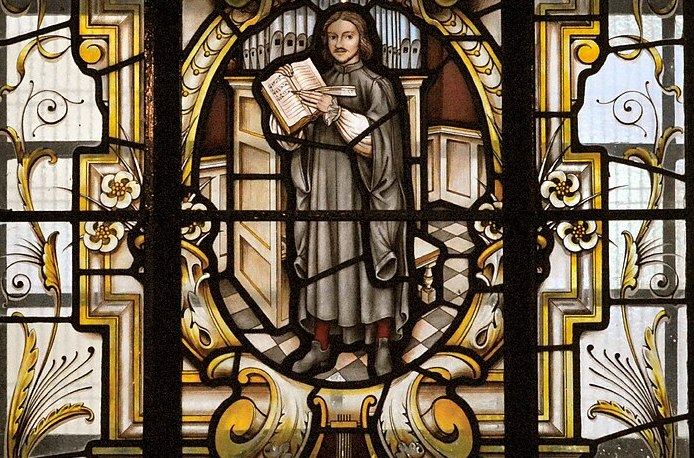Who else knows Max Lichtegg?
The biography of a tenor whose name often appeared in the post-war repertoire of local opera houses and concert halls.
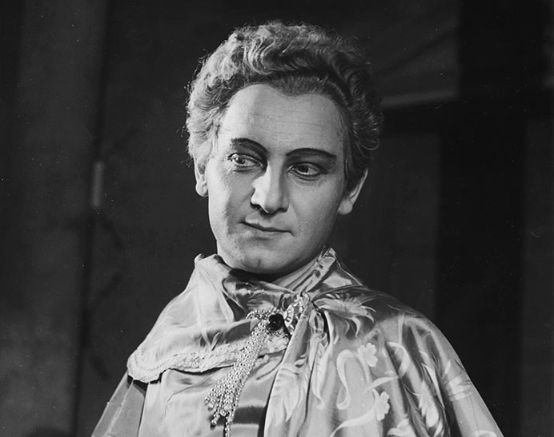
Situation on the train to Salzburg: a woman opposite is reading this Max Lichtegg biography, which I have just received for review - it is lying on the table at home. I still remember Lichtegg as Tamino when I was sixteen. As my counterpart goes to get coffee, one of the two women in the next compartment asks me what a nice book she's reading. When I mention the title, the other laughs: "Oh, that was my childhood crush! How we waited outside the municipal theater until he finally came out after the performance!" So they still exist, the people who knew the tenor and had a crush on him. But this fan here is already well over eighty.
Lichtegg's great times were the post-war years up to 1960, when he sang Tamino, Don Ottavio and Belmonte everywhere. However, he also sang the leading role in the German-language premiere of Igor Stravinsky's The life of a libertine (The Rake's Progress) or sang "Schönen Hermann" at the Vienna Volksoper in Paul Hindemith's News of the day. However, he became popular through his roles in operettas, and he remained so into old age thanks to his masterly song recitals, in which he presented not only the greats - Schubert and Schumann - but also unknown composers such as the Hindemith pupil Bernd Bergel or the Galician Vesque von Püttlingen, who set dozens of Heine songs to music. The fact that Max Lichtegg also wrote the libretto for a CleopatraThe fact that during the war years he performed with the refugee and later conductor Georg Solti as accompanist at the piano and that in old age he still sang witty songs of his own production (to his own texts) are interesting details from this multi-layered singer's life, which began in 1910 in Poland as Munio Lichtmann and ended in 1992 in Switzerland as Max Lichtegg.
Alfred A. Fassbind describes it in great detail and has listed all roles and engagements as well as all record, film, radio and television productions in tables. Reviews and playbills from Vienna, Berlin, Hamburg, San Francisco, Los Angeles and elsewhere are included. If only the author had not spread out his almost complete archive with all the pretty letter documents and local playbills, but had left out a lot, it would have been a readable book with some attractive photos and documents.
Alfred A. Fassbind: Max Lichtegg - Only committed to music, 560 pages, Fr. 36.00, Römerhof Verlag, Zurich 2016, ISBN 978-3-905894-31-8
On Saturday, August 19, 2017, there will be Notenpunkt AGFroschaugasse 4, 8001 Zurich, a Evening for Max Lichtegg takes place.






